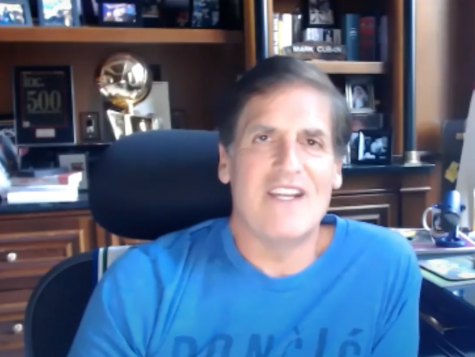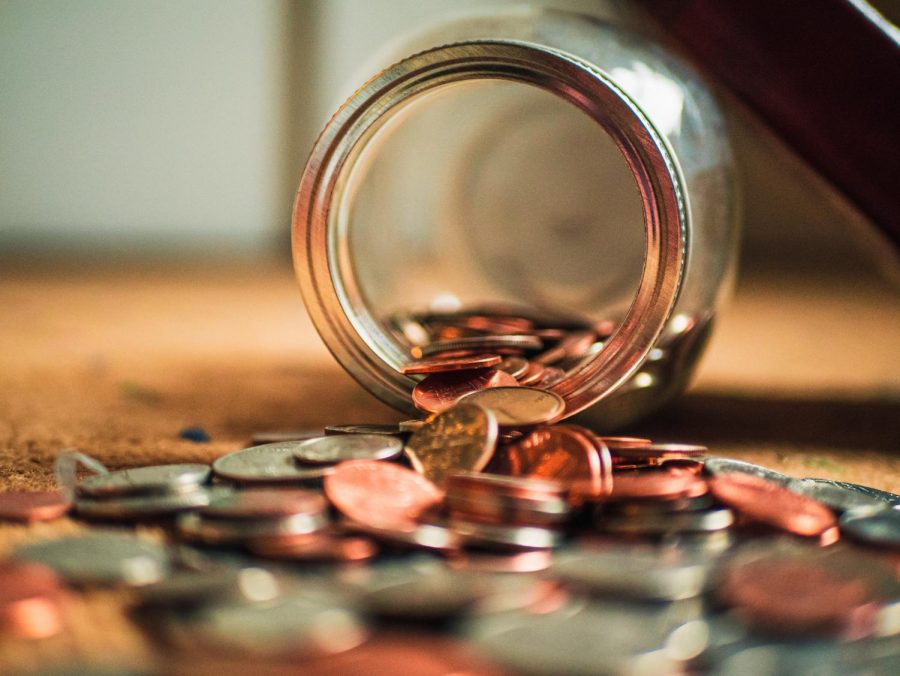The Power of Financial Literacy in High School: Some Thoughts From Mark Cuban
Can we fix the growing wealth divide in America, and if so, how? Why the ‘Shark Tank’ star and billionaire entrepreneur, Mark Cuban, believes in the need for financial literacy education.
Mark Cuban believes that financial literacy starts at a young age, as it is an investment to our own future.
Many people all across the world recognize wealth inequality to be a major economic and social problem, complaining about a shift of wealth to the top 1% at the expense of the working adult. This problem has become a more prevalent issue in recent decades. The recovery from the 2008 financial crisis has exemplified this widening wealth gap. Between 1993 and 2015, the average family income grew by 25.7%. However, the top 1% of the population saw a 52% growth in income. This worsening of income inequality had been ongoing even before the 2008 recession. Between 1979 and 2007, household income increased 275% for the wealthiest 1% of households, while the average American only saw a measly 36% growth in income for the same period.
The level of wealth inequality has only increased during the Coronavirus pandemic, especially regarding the racial divide in wealth ownership. The wealth of white Americans increased by $5 trillion in 2020 ($94 trillion to $99 trillion), while the wealth of all other races combined only increased by $0.5 trillion ($17.5 trillion to $18 trillion). The divide in wealth between races becomes a legitimate issue when you consider the fact that minorities control only 15% of the nation’s wealth while they make up more than 35% of the country’s population. The Coronavirus pandemic and its fallout has exacerbated the racial division between white Americans and minority groups.
This begs the question: Can we fix this growing wealth divide and, if so, how?
Thankfully, the answer is yes, according to Mark Cuban, the billionaire entrepreneur and star of Shark Tank. The solution lies in a policy that both sides of the political aisle can agree on, implementing compulsory financial education as a course in all high schools across the US. In fact, according to a 2020 Charles Schwab foundation survey, 89% of Americans say that the lack of financial education is a major problem; when nearly 90% of the country agrees that there is a certain major issue, you can be sure that Americans will stand united to see a solution.

(Use by permission of Mahmoud Abdellatif / Junior Economic Club)
On how to start, I had the opportunity to hear from Mark Cuban thanks to the Junior Economic Club of New York City. During this Zoom meeting, he stated, “I would at least take an introduction to accounting class, and I would do the same thing with finance. And the reason is, as you go forward with your life, particularly if you have any interest in being an entrepreneur, you’re always going to be at an advantage when you understand the language of business, when you can look at a balance sheet or an income statement or a cash flow statement and understand what it truly means, that’s going to give you a huge edge in everything you do.”
Cuban also said, “And the same applies with finance. If you’re ever looking to buy a home, if you’re ever looking to make an investment, knowing what an internal rate of return is, a cash on cash return is, et cetera. Those are things that if you understand them, you’ll be in a position to really handle your personal economics and finance as well, but also deal with your career and investment finances as well.”
In addition to many Americans agreeing on the importance of financial education, the facts show just how effective it really is. According to an NFEC survey conducted in 2020, a lack of financial education costs Americans $307 billion a year. By simply implementing compulsory financial education in our schools and changing absolutely nothing else, everyday Americans would come home with an extra $307 billion. Such an increase in GDP would also allow the United States to regain its title as the fastest growing industrialized economy. Financial education has the power to make the nation richer than ever before.
However, Mark Cuban does understand that many schools do not offer financial literacy programs or courses. Thus, he thinks that there are many way to get started, as he said, “Well, you’ve got to have the basics. You need to open up a checking account. I would do both a physical and a digital from two different sources, because, when you do the physical, it just makes you go through the process of going to a bank and understanding how a bank operates, and that’s always insightful.”
Ways to go about this according to Mr. Cuban is that students should get a financial app on their phones: “And then having a digital account simply because you want to understand the implications of having it. And, you know, since most kids have Venmo and Cash App et cetera, you probably are already there. But for those who aren’t, it’s just important to have.”
If we examine the individual effects of financial education we can clearly see why everyone should be in support. Imagine if you would have had the necessary financial education to invest in Tesla at the beginning of 2020, when it was only $90, you would have had a 900% return on your money.
Better yet, what if you would have been able to see the undervaluation in GameStop shares when the stock only traded at $4 in May 2021? A small $10,000 investment into the company in May of 2020 would have turned into over $1 million on January 28th, 2021 when the company’s shares traded at $450. The events of the past year have demonstrated not only just how large the wealth gap is, but more importantly they have shown us the true potential of financial education.
When Hunter Kahn, a Minnesota resident, donated Nintendo Switches to the Minnesota Children’s Hospital using the money that he made through investing, we see the true power that financial education can have in helping to make the world a better place. So the case is clear, with your support, we can make the future a brighter and a richer place.
By simply implementing compulsory financial education in our schools and changing absolutely nothing else, everyday Americans would come home with an extra $307 billion. Such an increase in GDP would also allow the United States to regain its title as the fastest growing industrialized economy. Financial education has the power to make the nation richer than ever before.
Ryan Ahmed is a Managing Editor for 'The Science Survey.' He wants to uplift communities and provide unique insight on current events around the globe...











